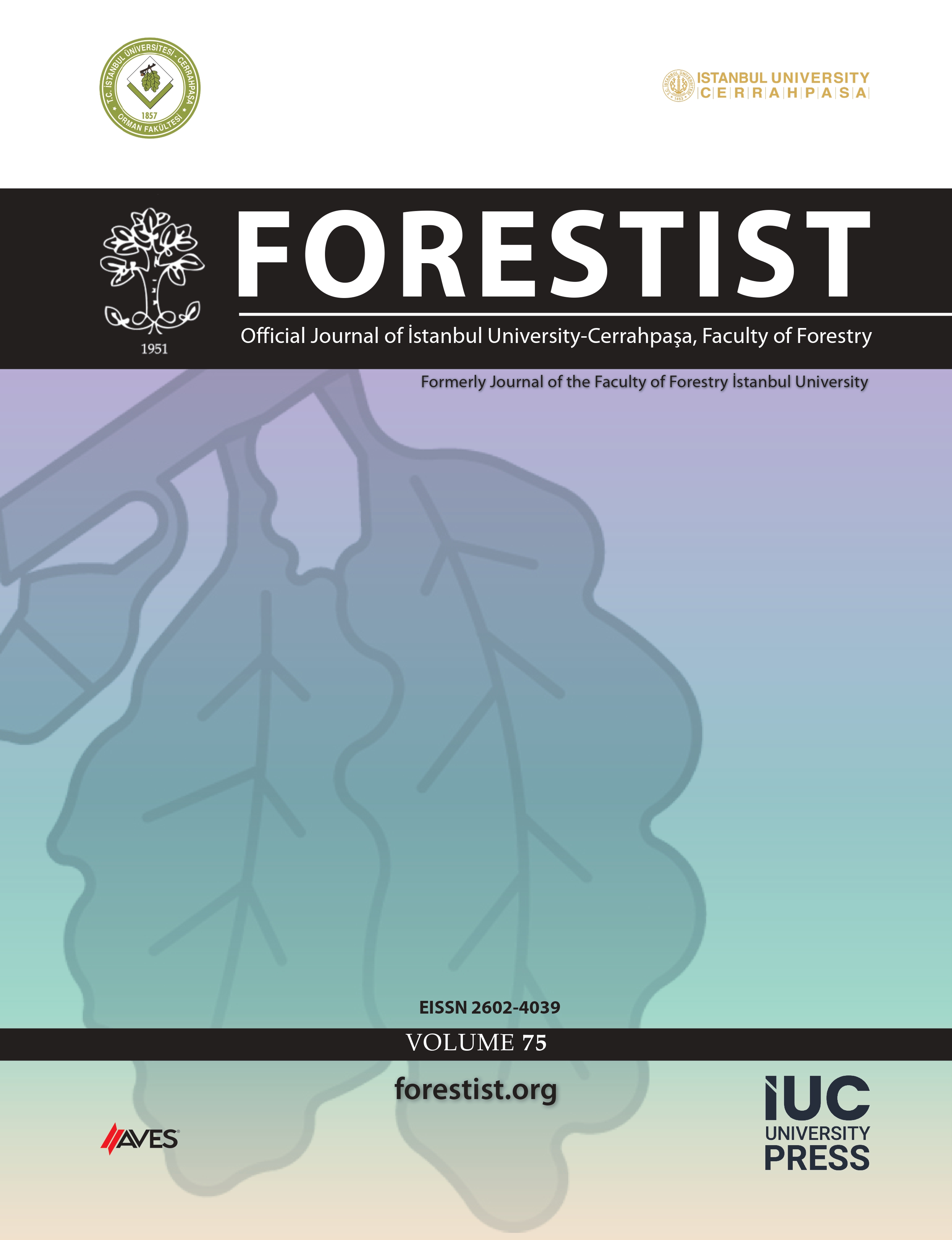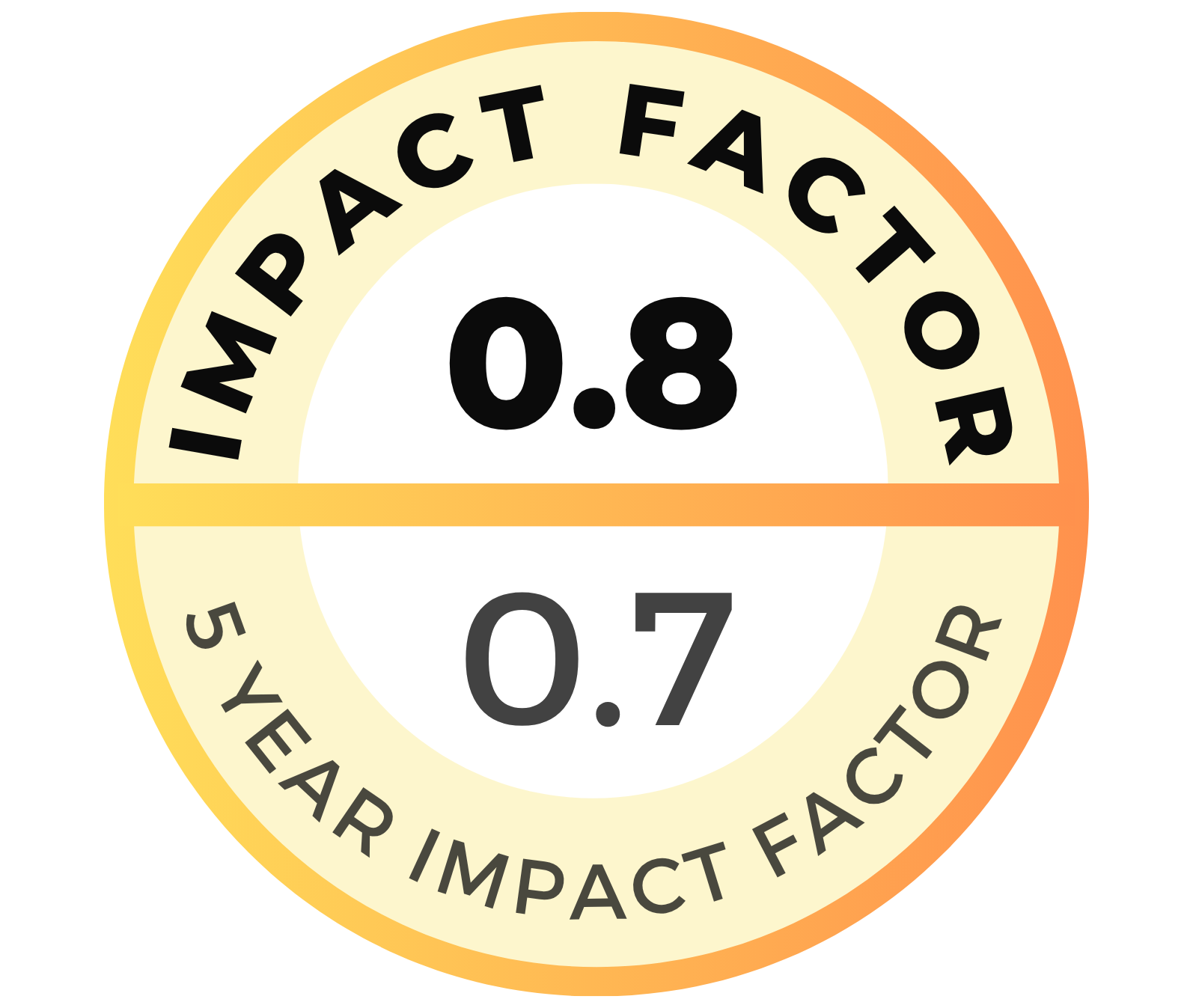The Nigerian forest estate has been shrinking due to varieties of drivers of deforestation and degradation. Forest encroachment for agricultural expansion is the root of the gradual loss of forest resources, besides firewood and timber cutting. Only few experiences exist in Nigeria on the option to fully integrate communities at the local level who drive forest degradation and deforestation into options to maintain and restore forests under a joint land and forest management scheme. In this study, we identified potential success factors that will aid the adoption of joint forest management for restoring degraded forest reserves in the study area. The study was carried out in Cross River South (CRS) and Ikrigon Forest Reserves, Cross River State, Nigeria. Three forest communities used were: Alok in Ikrigon Forest Reserve, and Isabang and Odonget in CRS Forest Reserve. Key informant interviews, focus group discussions, and household survey were used for data collection. The result showed that the presence of traditional rules and norms guiding the people, consensus on forest importance, and people’s willingness to be involved in restoring and managing these degraded forest reserves were the factors that can aid the adoption and success of joint forest management. The incentives identified by the local communities that would trigger their interest and full engagement to participate in joint forest management schemes include equitable benefit sharing, employment of the local workforce from the villages, and provision of basic amenities. Joint forest management can be a viable option for restoring degraded forest reserves.
Cite this article as: Ogana, T. E. (2022). Joint forest management: A potential option for restoring degraded forest reserves in Nigeria. Forestist, 72(3), 320-327.




.png)
